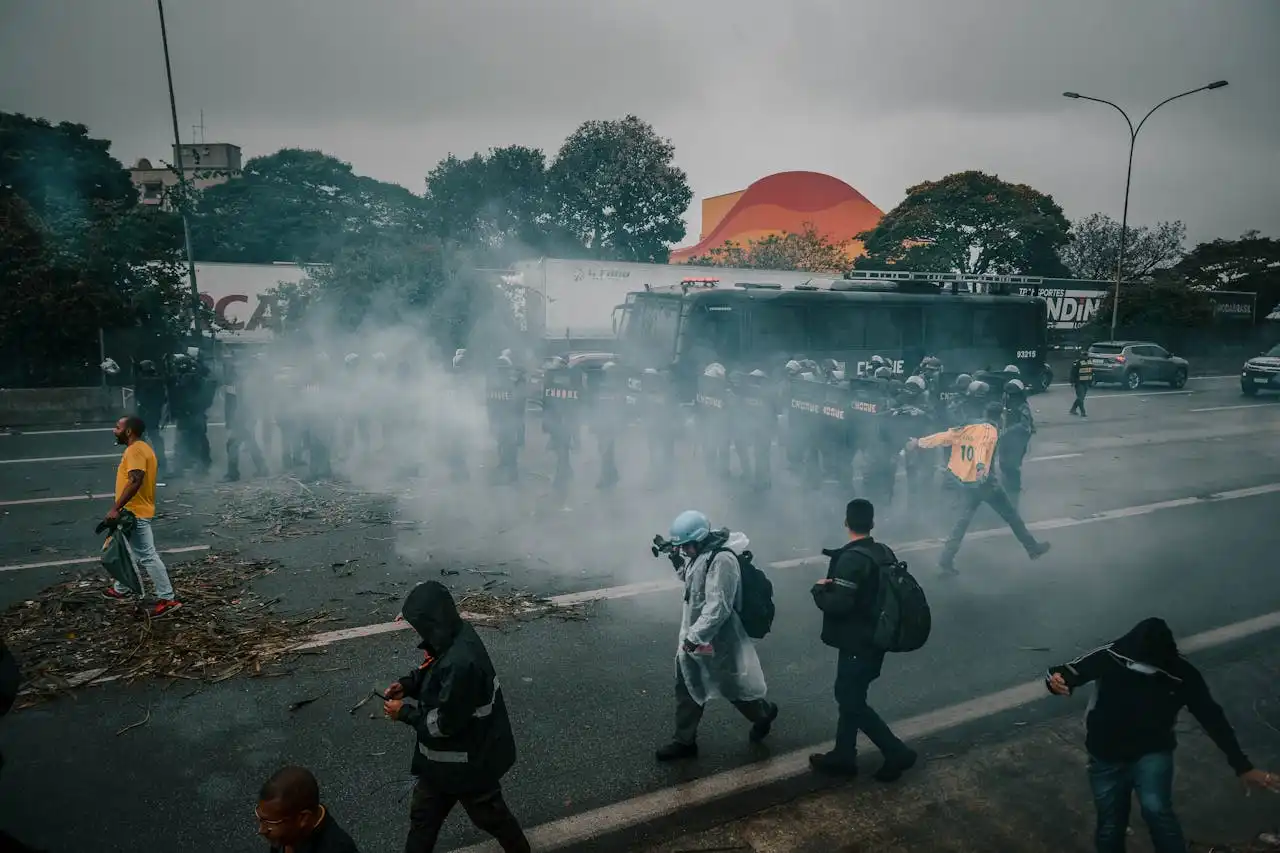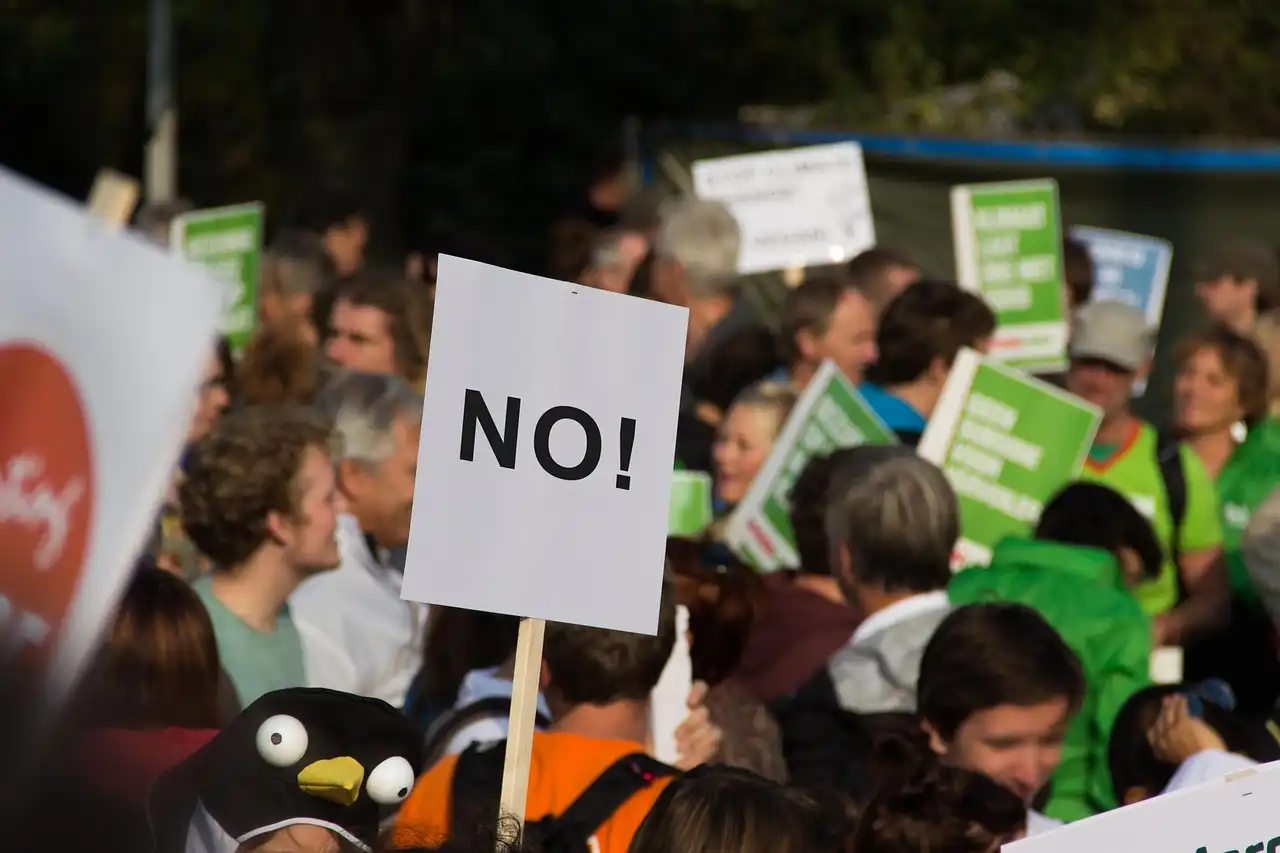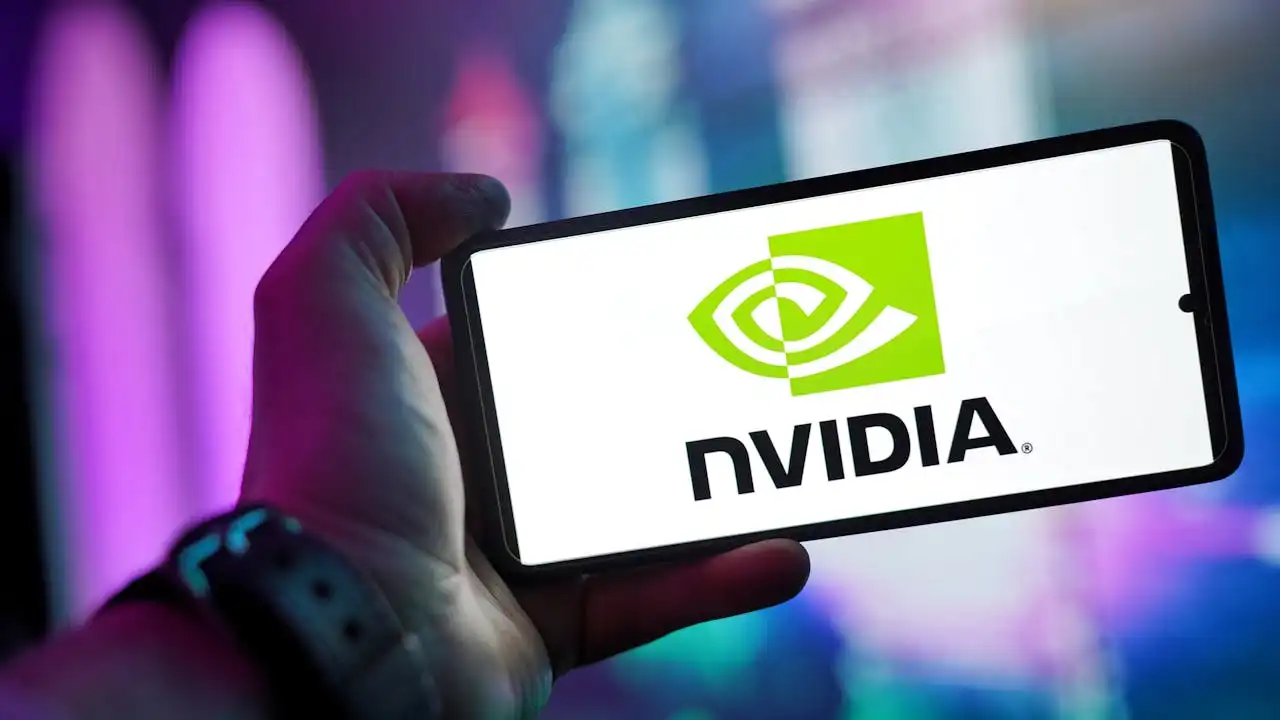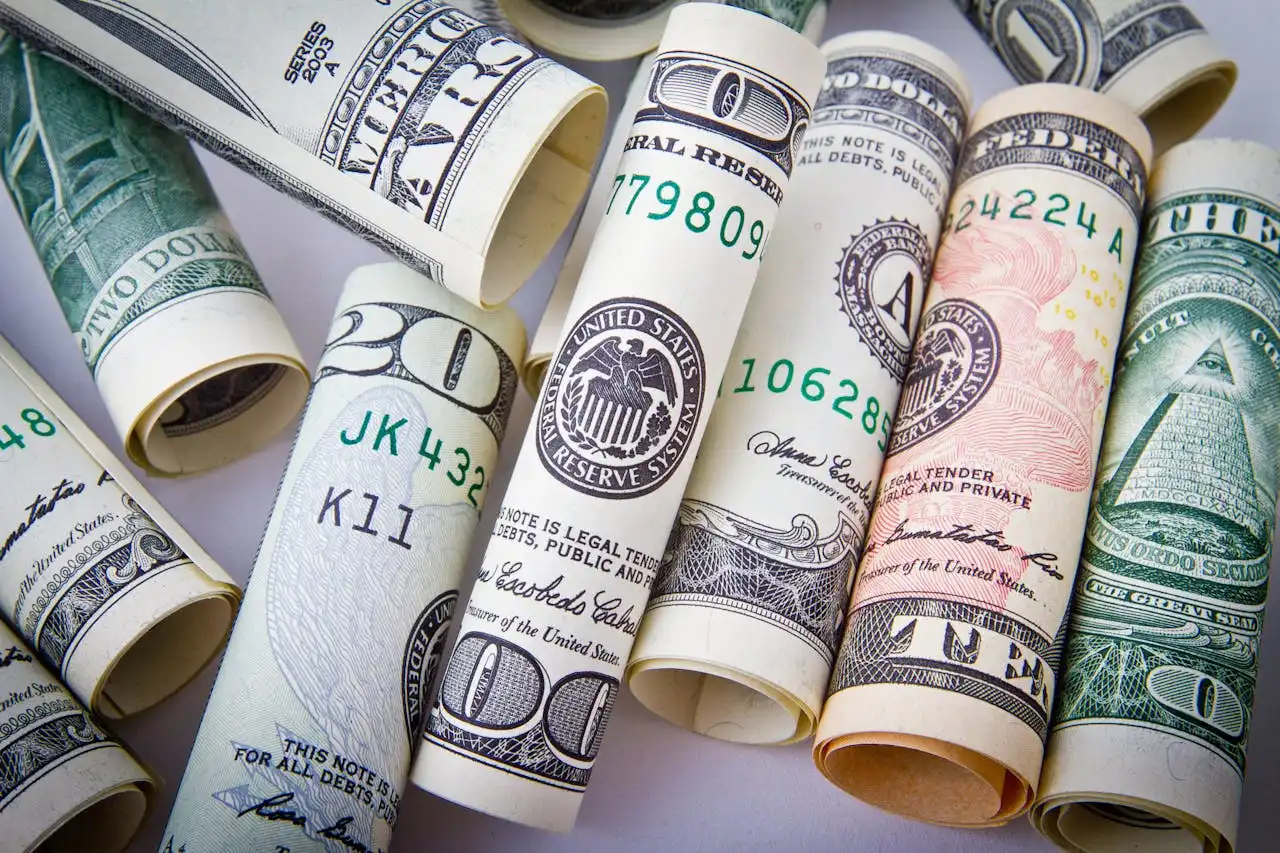Gas Prices Up Again? Indonesia's Fuel Cost Rollercoaster.
Randhir Singh - Tuesday, 01 July 2025 | 04:10 PM (WIB)


Pertamina's Fuel Price Dance: A Rollercoaster We're All Riding
Let's talk fuel, shall we? Specifically, the ever-changing, sometimes baffling, always impactful price of Pertamina's gasoline here in Indonesia. It’s a topic that affects pretty much everyone, from your ojek driver to your fancy-pants neighbour with the imported SUV. Seriously, who *isn’t* keeping an eye on those numbers at the gas station? I remember a time, not so long ago, when filling up my motorbike was a truly guilt-free experience. Those were the days, right? But nowadays, checking the Pertamina price list feels a bit like checking my bank balance after a particularly enthusiastic online shopping spree. There's a sense of trepidation, a tiny flutter of anxiety. Will I be able to afford that extra plate of nasi goreng tonight? (Okay, maybe I'm exaggerating, but you get the idea.)The Price is Right (Sometimes, Maybe?)
So, what's the deal with these fluctuating fuel prices? It's not as simple as Pertamina just randomly picking a number out of a hat, although sometimes it feels that way. There's a whole complex web of factors at play, mostly hinging on the global crude oil market. Think of it like this: Indonesia buys oil on the international market (mostly in US dollars), refines it, and then sells it to us as gasoline. When the price of crude oil goes up, so does the price of gasoline. And vice versa, in theory. Although, sometimes the "vice versa" part seems to take a vacation, doesn't it? Of course, it’s not just crude oil. The exchange rate between the Rupiah and the US dollar also plays a significant role. A weakening Rupiah means that Indonesia has to pay more for its oil imports, which, you guessed it, translates to higher fuel prices at the pump. Then there are government subsidies, which can cushion the blow of rising global prices, but which also have their own set of economic consequences. It's a delicate balancing act, to say the least. And Pertamina, as the state-owned oil company, is right there in the middle of it all, trying to keep everyone happy (spoiler alert: they rarely succeed completely).Pertamax, Premium, and the Price Pyramid
We all know the usual suspects: Pertamax, Pertalite, and sometimes, still clinging on, Premium. Each grade of gasoline has a different octane rating and, of course, a different price. Pertamax, with its higher octane, is marketed as the premium option, for those who want the best performance (and are willing to pay for it). Pertalite is the mid-range option, supposedly a good compromise between price and performance. And Premium, the old faithful, is (or was) the budget-friendly choice. But with Premium becoming increasingly scarce, Pertalite has effectively become the "people's fuel." The price differences between these fuels are another source of constant discussion and debate. Are the performance benefits of Pertamax really worth the extra cost? Is Pertalite damaging our engines in the long run? These are the questions that plague Indonesian motorcyclists and car owners everywhere. My own personal strategy? I usually go for whatever seems like the best value at the time, which often involves a bit of mental math and a quick prayer that my engine won't explode.The Future of Fuel: More Volatility Ahead?
So, what does the future hold for Pertamina's fuel prices? Well, if the past is any indication, expect more volatility. The global oil market is notoriously unpredictable, influenced by everything from geopolitical tensions to weather patterns. And as Indonesia continues to develop and its energy needs grow, the pressure on Pertamina to provide affordable fuel will only intensify. One thing's for sure: the conversation around fuel prices isn't going anywhere. It's a fundamental part of the Indonesian experience, a shared concern that unites us all, regardless of our background or social status. We’re all on this fuel price rollercoaster together, bracing ourselves for the next dip, hoping for a smooth ride, and maybe, just maybe, dreaming of the days when filling up our tanks didn't feel like such a financial burden. Hey, a girl can dream, right? Ultimately, the price of fuel is more than just a number on a sign. It reflects the complex interplay of global economics, government policy, and our own individual choices. It impacts our wallets, our lifestyles, and even our peace of mind. So, next time you're at the gas station, take a moment to appreciate the sheer magnitude of what that price tag represents. And maybe consider carpooling. Just a thought.
Your Weekend Won't Recharge Itself: A Guide to Crushing the Energy Reset
6 months ago

The Hidden Horrors of Tear Gas: More Than Just a Fleeting Sting
6 months ago

1312: The Meaning, Origin, and Social Context of the Notorious Number
6 months ago

The Digital Tightrope: How Social Media Puts a "Double Burden" on Today's Teens
6 months ago

Say Goodbye to Awkward Texts: WhatsApp Unveils Your New AI Writing Coach
6 months ago

The Secret Weapon of Penguins: Why Their Poop is More Impressive Than You Think
6 months ago

NVIDIA Crushes New Record, Yet Market Concerns Still Exist Over "AI Bubble"
6 months ago

Your Cosmic DNA? Unpacking How Zodiac Signs Shape Who We Are
6 months ago

The Siren Song of Easy Money: Why We Can't Resist
6 months ago

Unplug and Recharge: Your Guide to Escaping the Gadget Grip
6 months ago
